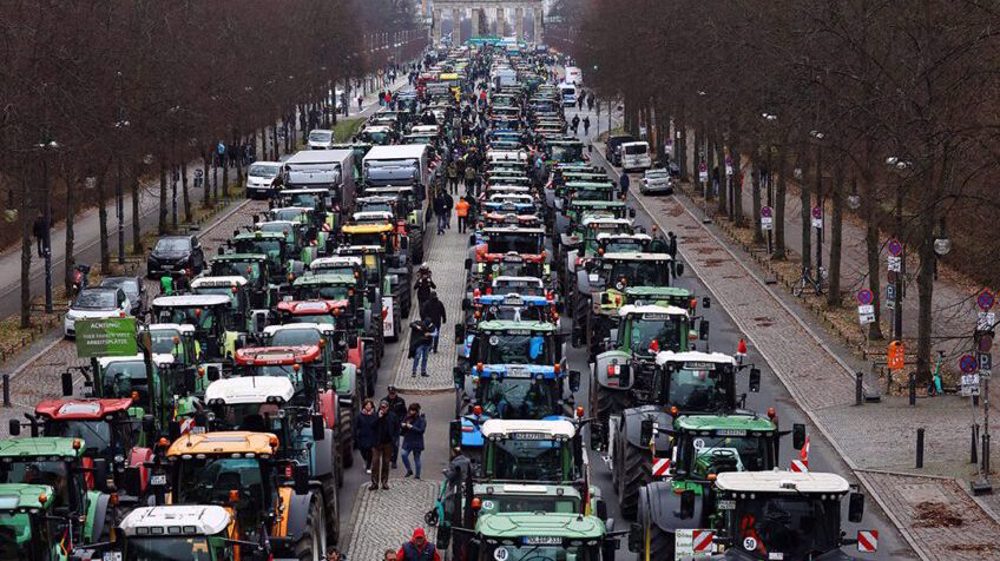The European Union’s agriculture ministers are meeting to discuss the mounting discontents among European farmers, as Brussels is striving to defuse the anger before the elections.
The ministers are scrambling to tackle concerns surrounding the potential negative impact of the green transition on farmers, aiming to find effective solutions.
Powerful agri-group Copa-Cogeca said on X last week, “The #strategicdialogue announced by the President of the @EU_Commission @vonderleyen during her State of the Union address in September is a welcome initiative, albeit one which has been slow to materialise. Furthermore, the scope of the discussions remains particularly vague.”
European Commission President Ursula von der Leyen had pledged in September to engage in a “strategic dialogue” with farmers, recognizing the significant importance of the agriculture question in Europe in the June European elections.
“The strategic dialogue will address … questions around how can we guarantee a fair standard of living for farmers and rural communities, supporting agriculture within the boundaries of the planet,” commission spokesperson Olof Gill said.
The protests by farmers have swept across Europe in the past month, causing road blockages and tractor parades in France, Germany, Poland, and Romania after similar moves by their Dutch counterparts.
Rising fuel costs, mounting frustration with green regulations, claims of unfair competition from Ukrainian imports, as well as government plans to cut diesel subsidies and tax breaks for agricultural vehicles have sparked widespread discontent.
“The European regulatory machine continues to operate at full speed, ignoring the geopolitical, climatic, and economic context that is undermining farms and farmers’ incomes,” Copa-Cogeca said in a statement.
In Germany, the ruling coalition announced last week its partial retreatment from its plan to reduce tax privileges for farmers following widespread protests.
Moreover, after issuing a warning to the government, farming unions in France convened with Prime Minister Gabriel Attal on Monday following their ultimatum to the government of a week-long protest unless their demands were addressed.
The Young Farmers union leader Arnaud Gaillot — who was also at the meeting with Attal — told France 2 television earlier Monday that “we could be on the eve of a massive farmers’ movement” if the government’s response was not deemed satisfactory.”
The European Peoples Party (EPP), the largest parliamentary grouping on the right wing, has frequently attempted to dilute agricultural texts, claiming that they align with farmers’ needs.
“We share the green ambition but it must be adapted to the economic situation. Agricultural prices are falling, expenses are skyrocketing, by adding additional regulatory efforts, it’s too much,” EPP Member of European Parliament Anne Sander said.
As the EU gears up to discuss its ambitious 2040 climate targets, the importance of offering assistance becomes even more evident. The agricultural sector, responsible for 11 percent of greenhouse gas emissions in Europe, will require significant investments to achieve decarbonization.




